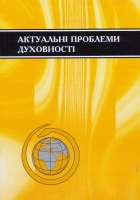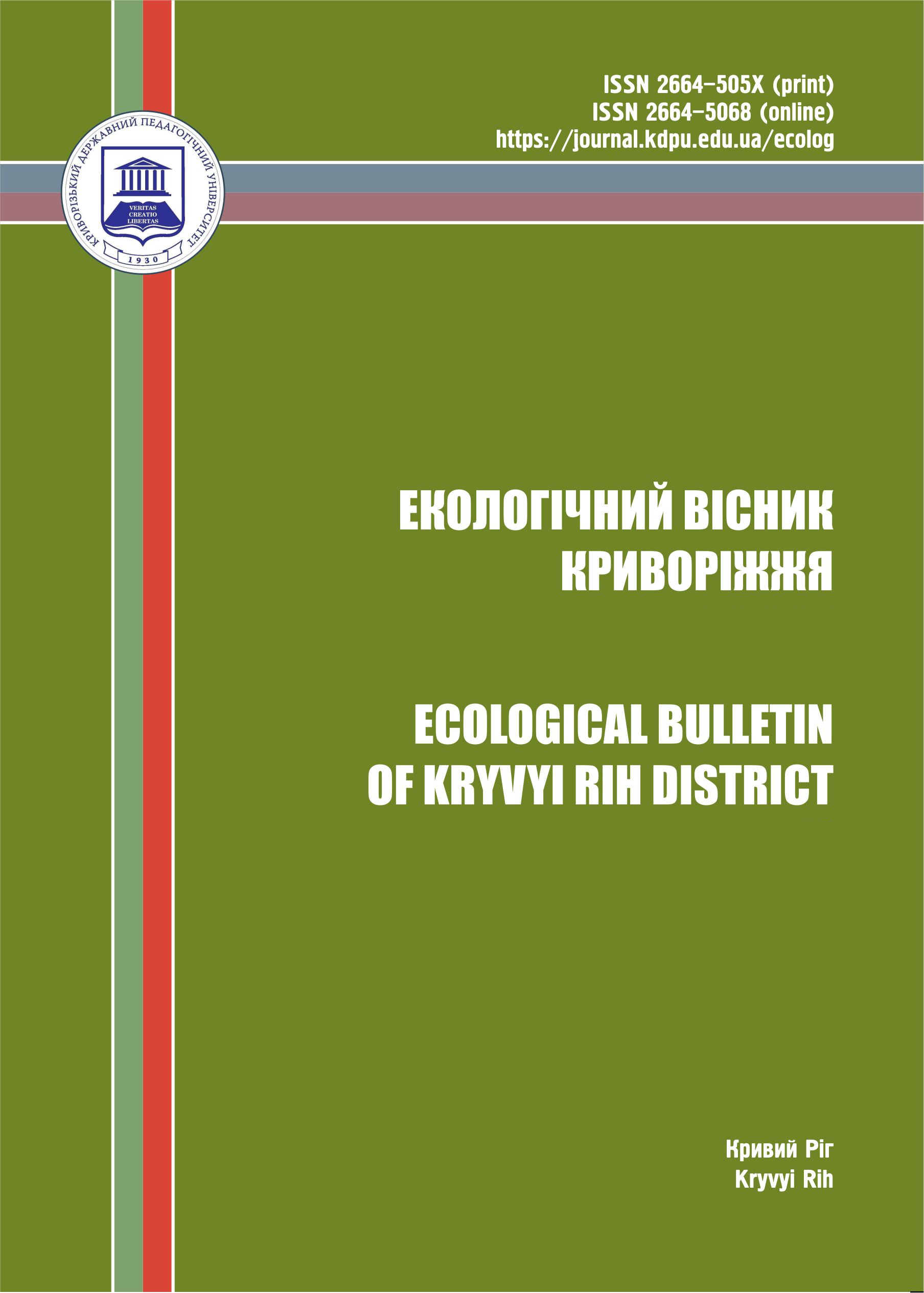Журнали
-
Актуальні проблеми духовності
У науковому журналі публікуються статті, присвячені дослідженню актуальних питань філософії. Журнал не має вузької тематичної спрямованості й намагається репрезентувати широкий спектр розвитку сучасної філософської думки в Україні та за її межами. Журнал орієнтований на залучення здобутків сучасної аналітичної філософської думки до проблемного кола вітчизняної філософії. Редакційна рада схвалює публікації українських перекладів статей закордонних авторів, які репрезентують актуальні або класичні філософські дослідження, за умов дотримання авторських прав та за згодою авторів.
-
Освітній вимір
Educational Dimension - це рецензований журнал із Diamond Open Access, присвячений дослідженням у галузі освіти, навчання та викладання, а також застосуванню теорій і філософських концепцій, що використовуються в науках про навчання та суміжних науках. Educational Dimension публікує матеріали з усіх аспектів теорій навчання, освітніх технологій та інструментів, парадигм і моделей. Головним проблемним полем журналу є поточні та майбутні питання сучасної педагогічної науки: психолого-педагогічні, філософські та соціокультурні аспекти освіти, навчання та викладання, сучасні теорії, технології та засоби навчання, поява яких зумовлена глобалізацією, інтеграційними процесами, соціальними трансформаціями, гуманітарним та науково-технічним розвитком. Існує нагальна загальна потреба в принципових змінах у посткласичній освіті, спричинених сучасними теоріями, моделями, інструментами, сервісами, мережами та комунікаціями.
Educational Dimension вітає дослідницькі статті, систематичні огляди та метааналізи, що містять чіткі дослідницькі питання, структуру аналізу та висновки, які відображають мету статті.
-
Філологічні студії: Науковий вісник Криворізького державного педагогічного університету
У журналі порушено актуальні проблеми сучасної філології. Розглянуто традиційні й нетрадиційні підходи до різних лінгвістичних та літературознавчих явищ. Представлено важливі аспекти викладання мов у школі та закладі вищої освіти. Для науковців-філологів і вчителів-словесників навчальних закладів різних типів.
-
Екологічний вісник Криворіжжя
міждисциплінарне наукове видання, яке фокусується на багатогранному висвітленні результатів екологічних та інвайронментальних досліджень промислових регіонів, а також на формуванні екологічних знань і культури. Для викладачів, науковців, вчителів, фахівців позашкільних закладів освіти, аспірантів, магістрантів, студентів, учнів.
-
Педагогіка вищої та середньої школи
Науковий журнал "Педагогіка вищої та середньої школи" містив матеріали, присвячені висвітленню теоретико-практичних проблем педагогіки вищої та загальноосвітньої школи, становлення і розвитку освітньої парадигми, інтеграції психолого-педагогічних чинників в організацію навчально-виховного процесу.
З 2019 року журнал виходить від назвою Educational Dimension.
-
Актуальні проблеми психології в закладах освіти
Збірник містить результати наукових теоретичних і емпіричних досліджень актуальних проблем організації навчально-виховного процесу та психолого-педагогічного супроводу суб’єктів освітнього простору. Тематика публікацій свідчить про різноманітність інтересів психологічної спільноти. Опубліковані матеріали адресовані як фахівцям, так і тим, хто цікавиться сучасним станом психологічної науки.
Журнал не приймає нових подань. Роки видання: 2010-2023, останній том - 13.
-
Літератури світу: поетика, ментальність і духовність
Збірник присвячено вирішенню базових проблем літературознавства на матеріалах творів літератур світу – питань практично-еволюційної поетики й теоретичної по етології, осягненню найрізноманітніших проявів індивідуально-особистісної, групової, соціальної, етнічної та національної специфіки художнього мислення (ментальності), а також розвитку наявних і формуванню нових концептуальних бачень однієї з найскладніших проблем – духовності літератур світу.
Журнал не приймає нових подань.








